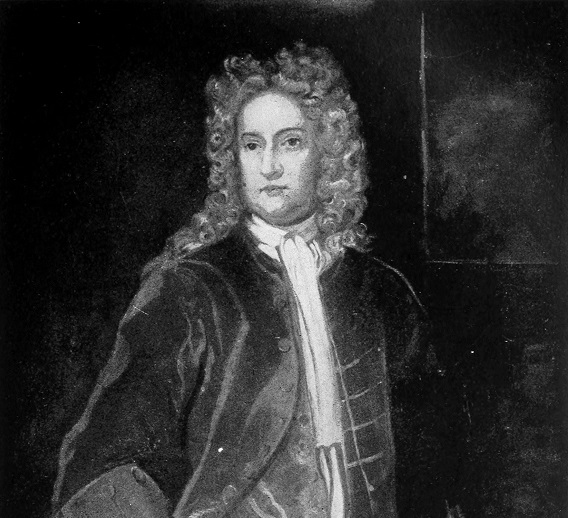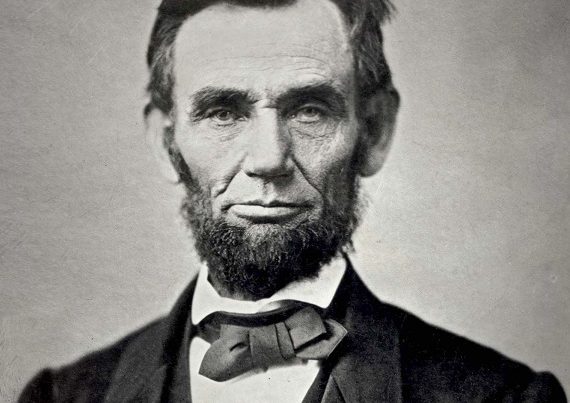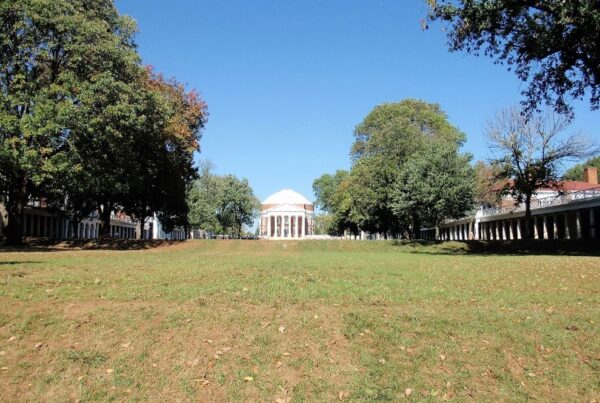Random observations from reading David Hackett Fischer’s Albion’s Seed (which I’ve not yet finished)-
Ain’t, betwixt, innards, unbeknownst- These are words that originated in the Southern and Western parts of England, and which came to America with the people who migrated to the American South. Y’all and “dawg” denote the pronunciations that would lead to what is now known as the Southern drawl. This form of speech is native to those regions of England. It died out there, but lives on here over 400 years later.
This is far from being the only distinctive factor between North and South in what would become the US. The hierarchical structure of Virginia, for example, taught the young to “respect your elders.” This is also, even today, considered unique to Southern culture and the Southern tradition.
In the society of New England Puritans, you have an entirely different set of traditions. Communities, and even families, were tightly controlled by the governing authorities, to the extent that constables were assigned a group of around 12 families to “look in on” and make sure that they were functioning according to community standards. Whereas free will was encouraged, although “bent”, among Southern youth, in New England the will of the child was to be “broken”. Submission to authority was the desired end in all aspects of Puritan society. In religion, education, familial relations, economy and all other areas of society, you see New England Puritanism directed towards the “collective”, and eschewing “the individual.” Collectivism was instituted by force to the extent that a “child” over the age of 16 (and on into their 40s) could be punished harshly, or even executed, by the community for simply disobeying his or her parents.
As with the distinctions between the Southern and Yankee dialects, these traditions and cultural underpinnings are carried on today. Except that, I surmise, we now call them “liberalism” and “conservatism.” Sadly though, modern conservatism is slouching away from the Southern tradition of individualism, and more towards the Yankee affinity for collectivism. Of course, as with all other things of New England origin, the path for this dynamic was instituted by the use of force as well. It is the ultimate result of a violent and forceful revolution against traditional Southern conservatism and individuality that began at gunpoint in 1861, initiated “reconstruction” of the union’s system of governance, led to the “progressive” era of the late 19th and early 20th centuries and ultimately brought us to the complete mess we have today. I’m afraid we have yet to see the ultimate end results of this catastrophe.







